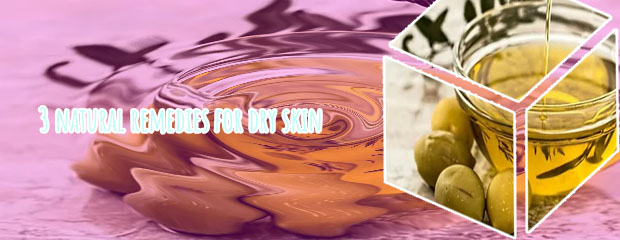Achieving clear skin can be a challenge, especially with the plethora of skincare products available on the market. However, natural remedies can be a gentle and effective way to achieve a healthy complexion. In this article, we will explore two articles that provide valuable information on natural remedies for clear skin.
10 Natural Ingredients for Clear and Radiant Skin

Achieving clear and radiant skin doesn't always have to involve expensive skincare products filled with chemicals. In fact, nature provides us with a plethora of ingredients that can help us achieve glowing skin without any harmful side effects. Here are ten natural ingredients that can work wonders for your skin:
- Honey: Known for its antibacterial properties, honey can help unclog pores and reduce acne.
- Aloe Vera: This soothing plant can hydrate the skin, reduce inflammation, and promote healing.
- Coconut Oil: Rich in antioxidants, coconut oil can moisturize and protect the skin from free radicals.
- Turmeric: This spice has anti-inflammatory and antibacterial properties that can help with acne and eczema.
- Green Tea: Packed with antioxidants, green tea can help reduce inflammation and fight signs of aging.
- Oatmeal: A gentle exfoliant, oatmeal can soothe irritated skin and reduce redness.
- Lemon: With its high vitamin C content, lemon can brighten the skin and even out skin tone.
- Avocado: Loaded with vitamins and fatty acids, avocado can nourish and hydrate the skin.
- Cucumber: Refreshing and
The Ultimate Guide to Using Essential Oils for Acne-Free Skin
Acne is a common skin condition that can be frustrating and embarrassing for many individuals. The use of essential oils has gained popularity as a natural and effective way to treat acne. "The Ultimate Guide to Using Essential Oils for Acne-Free Skin" provides a comprehensive and informative resource for those looking to incorporate essential oils into their skincare routine.
The guide covers a wide range of essential oils known for their anti-inflammatory, antibacterial, and healing properties. It explains how each oil works to combat acne-causing bacteria, reduce inflammation, and promote overall skin health. Additionally, the guide offers practical tips on how to properly dilute and apply essential oils to the skin to maximize their benefits.
One practical use case of essential oils for acne treatment is the experience of Sarah, a young woman struggling with persistent breakouts. After incorporating tea tree oil into her skincare routine as suggested in the guide, Sarah noticed a significant improvement in her acne-prone skin. Not only did the tea tree oil help clear existing blemishes, but it also prevented new ones from forming, leaving her with a clearer and more radiant complexion.
